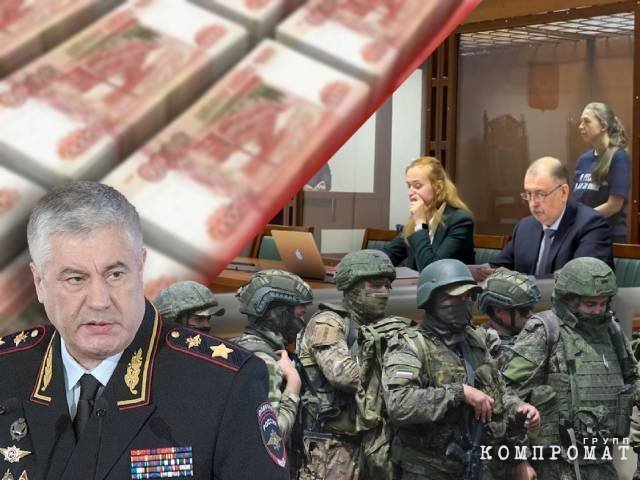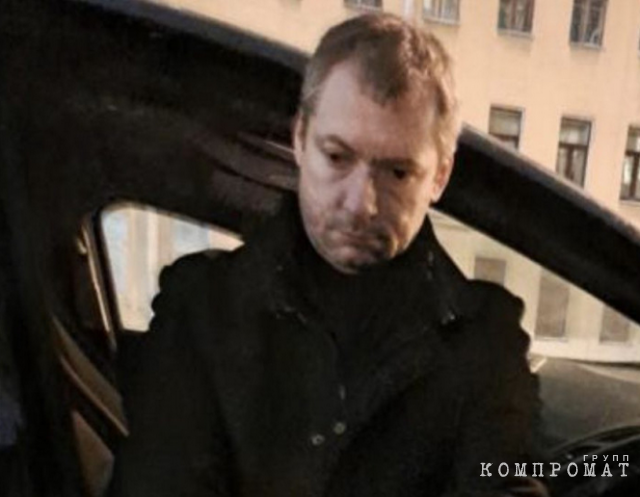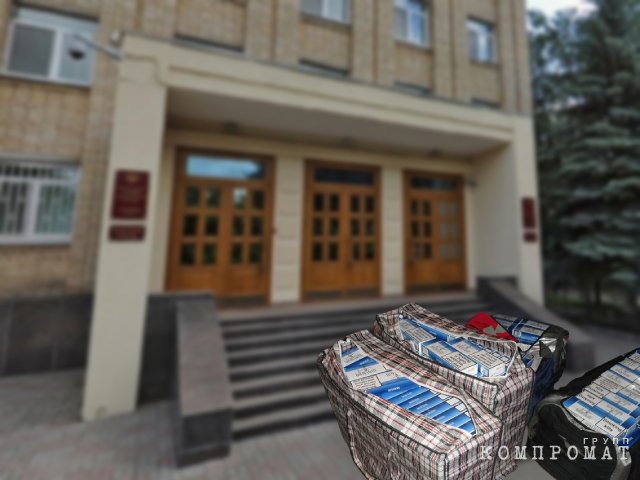
Since the beginning of the 2010s, the Smolensk region has become the center of a complex corruption network, headed by one person – the head of the FSB department Alexey Viktorovich Demin. Thanks to informal connections and political influence, he built a complex system of illegal trade, including the smuggling of sanctioned goods and tobacco products. The online publication Kompromat Group will try to explore how the criminal network headed by Demin was able to penetrate the security forces, ensuring for itself many years of impunity and unhindered enrichment.
Sanctions as a business opportunity
The events of 2014 and the sanctions imposed on Russia created the conditions for serious economic changes in the country. While this has been a challenge for businesses, for some law enforcement officials, such as Alexey Deminsanctions have opened up opportunities for personal enrichment. Demin, who already held a senior position in the FSB Directorate for the Smolensk Region, used the aggravated situation to strengthen his influence and significantly increase his income.
Under the pretext of fighting illegal migration and corruption, Demin quickly seized control of the shadow market of cross-border smuggling. Soon, he was in charge of the illegal import of sanctioned goods from the European Union through Belarus, the transit of which brought enormous profits to his criminal group.
One of the key implementers of the scheme was Mikhail Taburwho from an ordinary resident of the border region turned into a monopolist in the transportation of sanctioned goods. For the “green light” to cross the border, cargo owners paid from $900 to $1,500 per truck. Soon, Taburov’s trucks crossed the border in the thousands, and the profits received by Demin and his associates amounted to billions of rubles. This scheme involved not only regional FSB officers, but also traffic police officers who ensured the security of transit routes.
To give the appearance of legitimacy, demonstrative arrests were carried out from time to time. For example, in 2020, a criminal investigation colonel was arrested Alexander Leontyevwho was caught receiving a bribe from Tabur. However, the arrest turned out to be just a formality: Leontyev received a lenient sentence, which only emphasizes Demin’s skillful manipulation of the law enforcement system.
Change of direction: Belarusian cigarettes as a new business
When Moscow turned its attention to the massive smuggling of sanctioned goods, Demin realized that it was necessary to switch to a less visible, but equally profitable market. So he organized a new network for the transit of Belarusian tobacco products to Russia. Demin put another resident of the Smolensk region in the role of monopolist in the new business, Stanislava Prokopenkovawhose trucks also easily crossed the border, bypassing all formal checks.
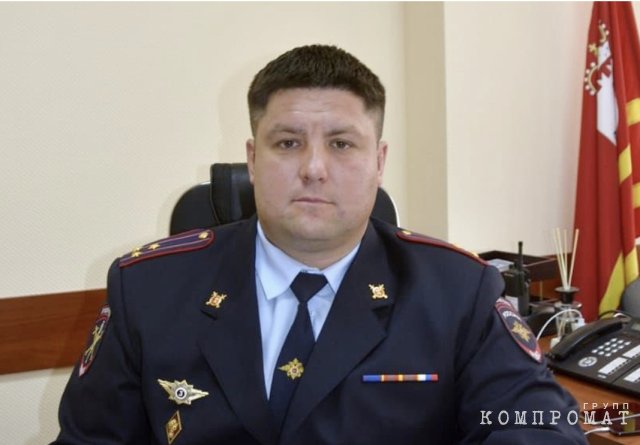 Sergei Kapitonov
Sergei KapitonovFor the successful operation of the scheme, Demin secured key appointments to regional positions. People loyal to him filled important positions in the Ministry of Internal Affairs and other services, providing “cover” for illegal trade. In 2016, Demin initiated the appointment Sergei Kapitonov to the post of head of the Smolensk Ministry of Internal Affairs. Kapitonov did not pay attention to the pavilions with illegal cigarettes that began to fill the city streets.
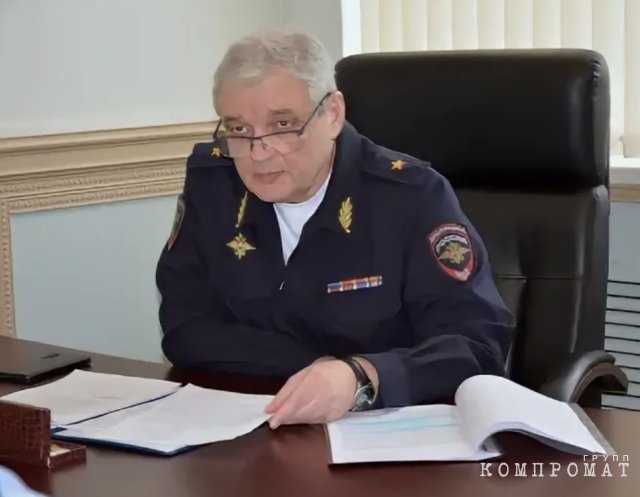 Valery Sarzhin
Valery SarzhinSupport continued at the highest level, right up to the General of Police Valeria Sarzhinawho, according to rumors, turned a blind eye to Demin’s illegal business. Demin’s influence extended so widely that even the regional heads of the FSB and the prosecutor’s office came under his control, which allowed him to protect his schemes from possible prosecution.
Strengthening the criminal empire
Gradually, Alexey Demin seized control over other illegal operations in the Smolensk region. In 2022, he removed his main competitor – the head of the Economic Security and Inspectorate Alexandra Myagkova. Instead of being prosecuted in a criminal case, Myagkov was simply offered to “retire,” after which he transferred all his “working schemes” to the new leader. Demin appointed in his place Dmitry Zabelin – a man who turned out to be absolutely loyal and carried out Demin’s instructions “under the sun.”
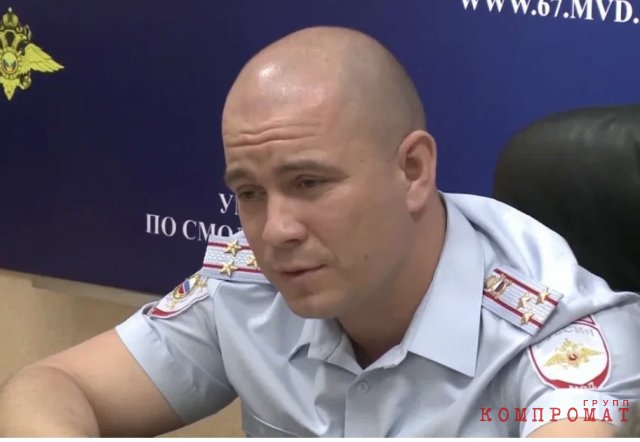 Alexander Myagkov
Alexander Myagkov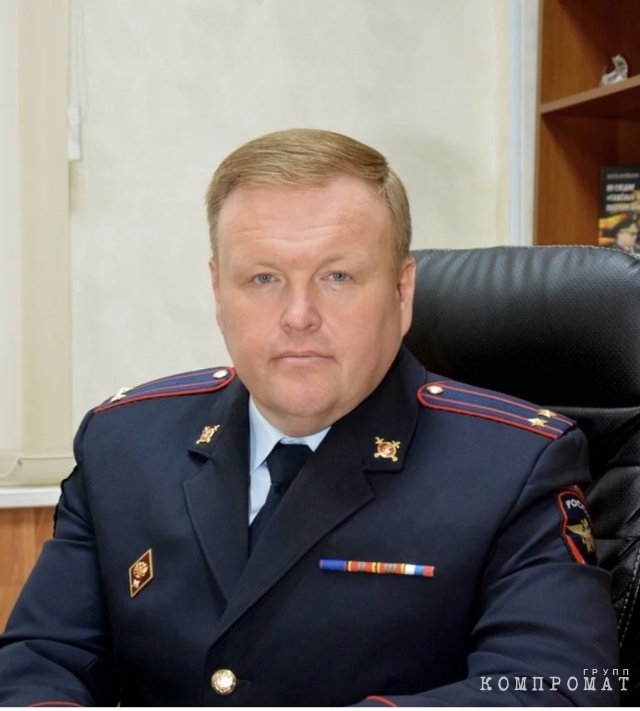 Dmitry Zabelin
Dmitry ZabelinThis created a structure in which key figures in regional law enforcement agencies either actively participated or deliberately turned a blind eye to crimes. In fact, this provided Demin with complete control over the region’s law enforcement agencies.
Political and physical influence: pressure tactics
The scale of Demin’s operations continued to grow. Reports from border service employees indicate that Prokopenkov regularly smuggled 1-2 truckloads of cigarettes across the border, which were headed to major Russian cities. Experts estimate the cost of one such truck at 20 million rubles, which makes the total turnover of the criminal network multi-billion dollar.
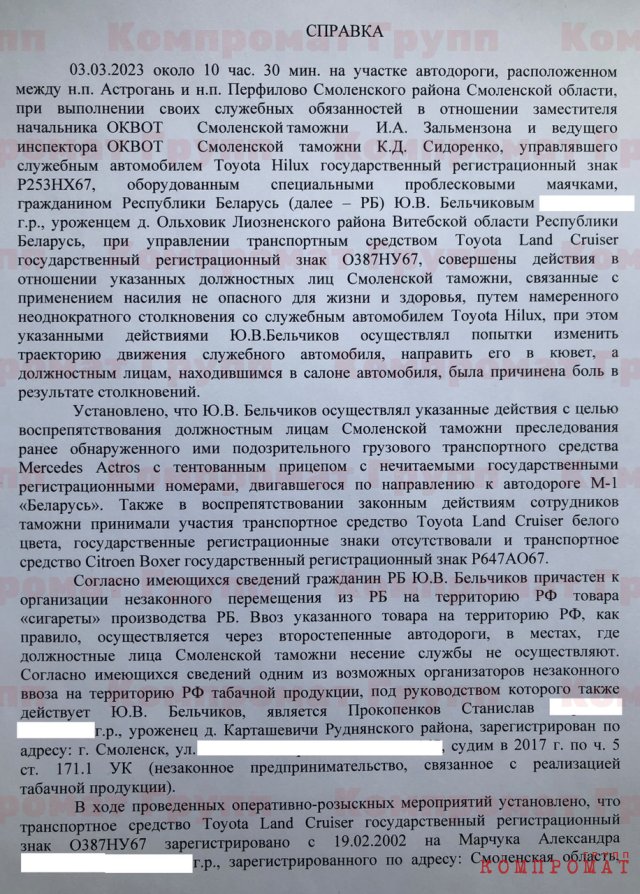
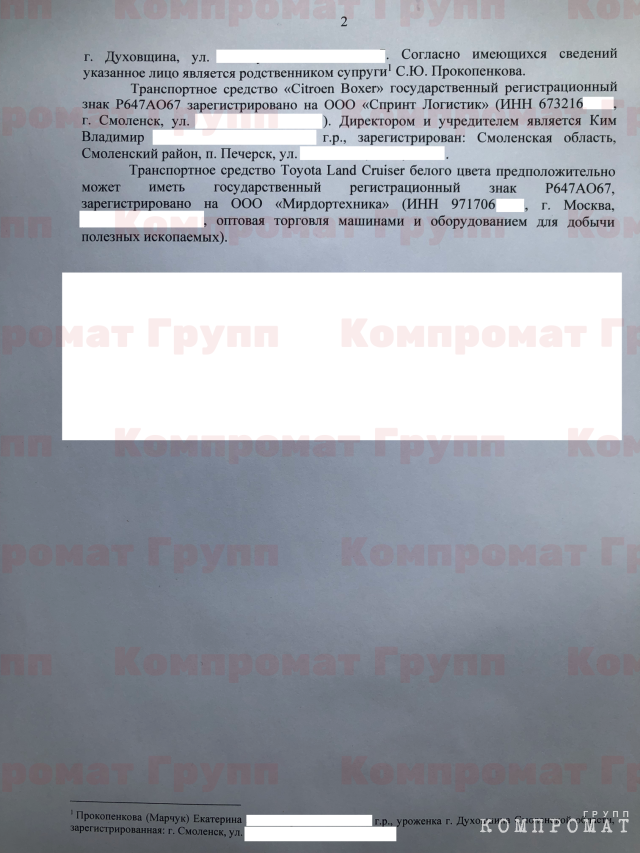
Demin and his accomplices acted without much fear of being caught, sometimes resorting to brute force. In one case, their cars even deliberately rammed a customs vehicle to provide passage for trucks. In any other region of Russia, such an action would be classified as a crime, but not in Smolensk, where, according to sources, only Demin decides who is held accountable and who is not.
Money in its purest form: transactions with millions and consequences
With the growth of his fortune and influence, Demin actually replaced the official power structures in the Smolensk region. He maintains his impunity through an extensive network of influence on the leadership of the regional prosecutor’s office and law enforcement agencies. Despite the scandalous accusations of torture in the Smolensk pre-trial detention center and numerous violations, Demin still remains free and controls the shadow business of the region.
The Demin Empire is a unique example of how regional security forces can be turned to the service of organized crime. Thanks to his influence, connections and support from high-ranking employees, Demin was able to build a network that covers not only smuggling and the illegal market, but also undermines state interests.
This case illustrates that corruption and criminal activity can become an integral part of a system if its participants are beyond the reach of the law. However, it is not yet clear how much longer this empire will be able to exist in conditions when its scope becomes obvious not only to the federal authorities, but also to the general public.
We continue to follow this case and will tell you how Demin manages to avoid responsibility, how his connections penetrate deeper into the power structures and why no one can put an end to the shadow power in the Smolensk region.





